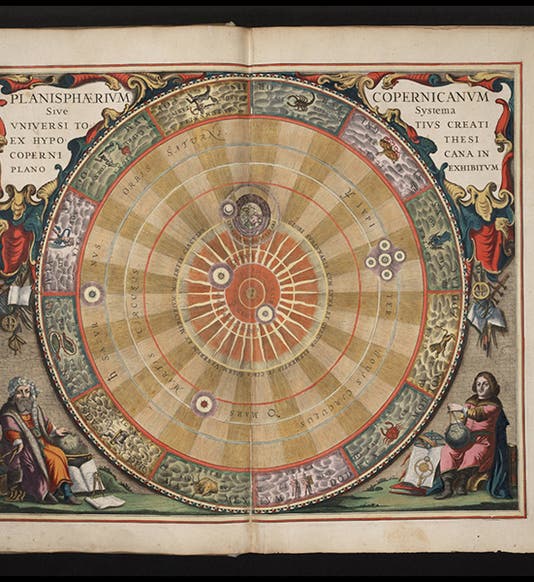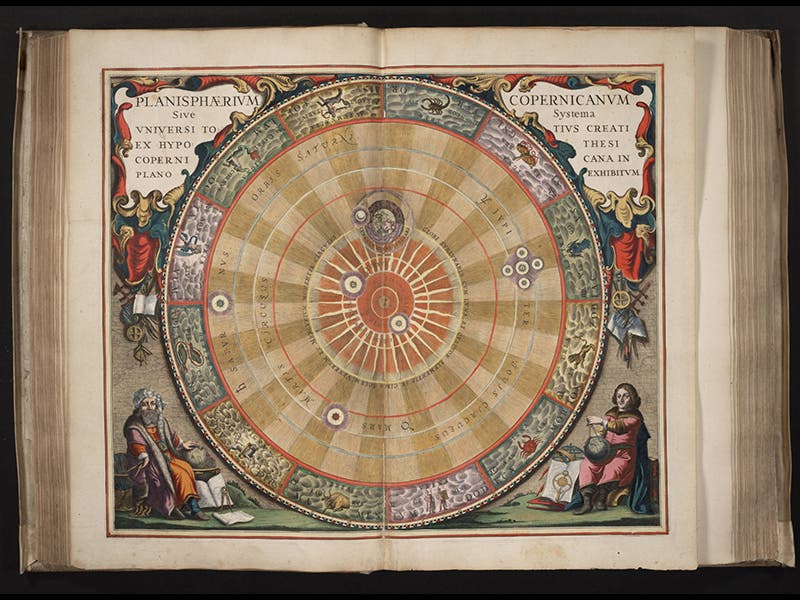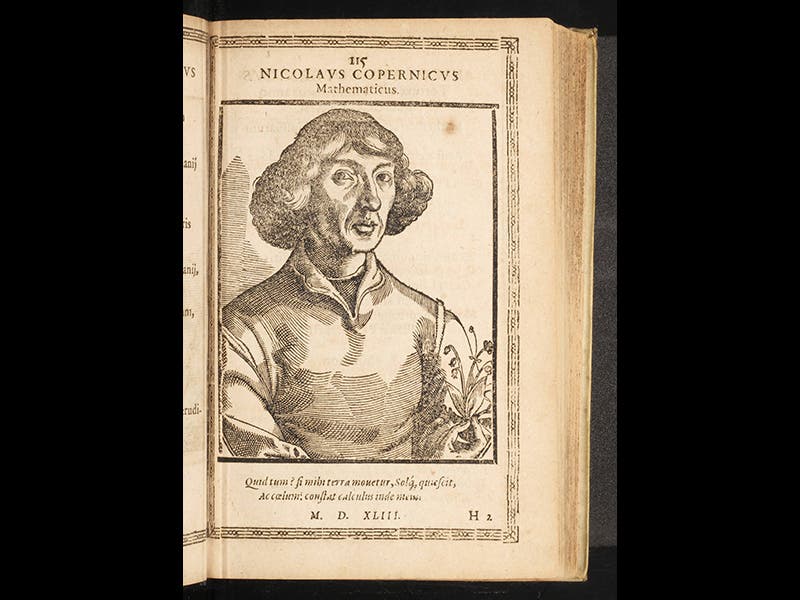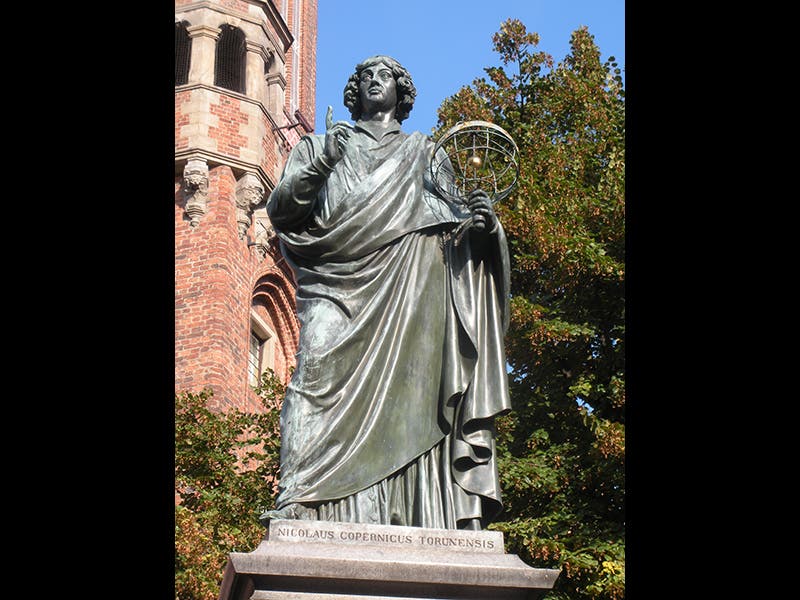Scientist of the Day - Nicolaus Copernicus
Nicolaus Copernicus was born Feb. 19, 1473, in Torun, in what is now central Poland. If you have read the other entries in this department this week, you will note that this seems to be the week of Copernicus, since on Monday we honored Georg Rheticus, a disciple of Copernicus, and yesterday we discussed the Tusi couple, an astronomical device that Copernicus used in his great work. So it is appropriate that we finally come to the great man himself.
Copernicus served as a canon for the cathedral in Frombork, on the Baltic coast, which means he was a lay official (not a priest) who administered church properties in the diocese. But he was very well educated in astronomy, and by 1513 he had come to believe that astronomical phenomena made more sense if the planets (including the earth) orbited the sun, and the earth rotated on its axis. Thirty years later, he described his heliocentric system in a major book, On the Revolutions of the Heavenly Orbs, published in 1543. It would take a hundred years for the Copernican system to be generally accepted, but when it was, our sense of place was profoundly altered, as the human predicament was removed from the center of things.
Since on Monday we showed the original diagram of the heliocentric system as it appeared in 1543, today we show a more colorful version that was printed (and hand-colored) 120 years later, in the Harmonia macrocosmica of Andreas Cellarius (1661). The portrait is from a 1590 collection of portraits that we have in the Collection. The statue is one of many to be found in Poland; this one stands in his birth city of Torun.
Dr. William B. Ashworth, Jr., Consultant for the History of Science, Linda Hall Library and Associate Professor, Department of History, University of Missouri-Kansas City









